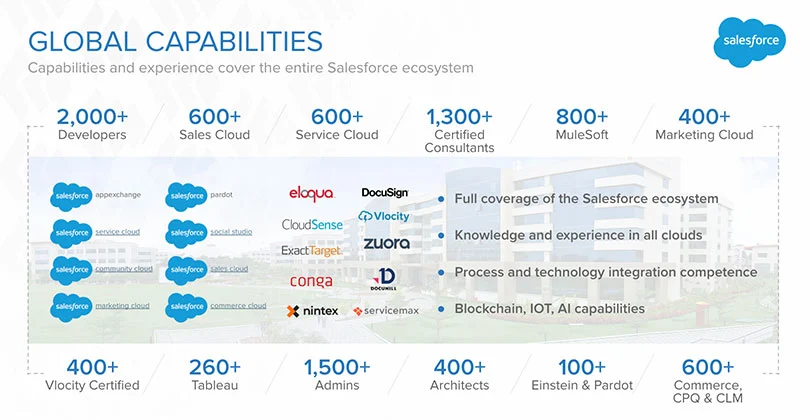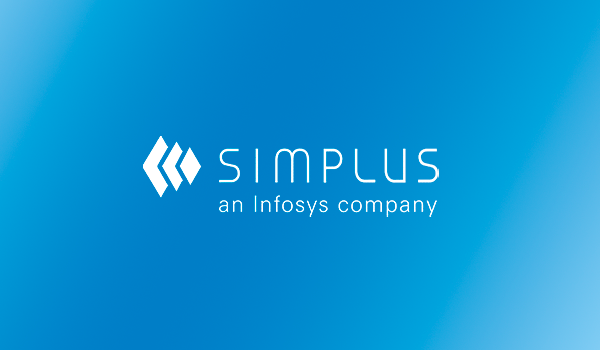It seems as though every business has an app these days. Creating an app presence in the mobile devices community is a virtual lifeline for companies to compete in their market.
If you have selected Salesforce as your application platform, you are in good company. Administrators enjoy the simplicity of composing apps that offer a centralized location for data and are protected by the nearly impenetrable walls of Salesforce. But what if you’re just getting on board with Salesforce and you have an app that you need to integrate from an external environment? In that case, a hybrid app might be your best choice. Here’s the down and dirty on native vs. hybrid.
Hybrid Apps vs. Native Apps
A native application is one built using the native language of the platform. Force.com applications, for example, are built using Apex, a proprietary Java-like programming language for Force.com, and Visualforce, an XML syntax typically used to generate HTML.
A hybrid application is a web application (or web page) built using HTML, CSS, and Javascript, then wrapped in a native application–in this case, Force.com.
When a company plans on quickly launching an app over multiple platforms, most look to a hybrid app rather than a native app to fulfill those needs. Robbie Abed explained in his article for medialab.com that businesses accept the hybrid app because, while it has a lower-quality format, it’s inexpensive to develop, fast to produce, and portable, requiring only one code for various platforms. But if given the choice, most businesses would prefer promoting a native app. This type is generally more marketable in app communities and provides better performance and a better user experience.
Going Native
Building on Force.com allows developers to reduce coding time and infrastructure headaches, thus getting the product to market more efficiently. As writer Sean Jacobsohn explained in his VentureBeat.com article, “Force.com is a Salesforce-based platform that can host other types of applications. Force.com enables developers to create and deploy applications that can leverage core functionality provided by Salesforce.com, such as Chatter, workflows, business processes, mobile software development kits, communities, and real-time hierarchical reporting.” But if you want to integrate an app that you’ve already developed, a hybrid app hosted on Force.com may be the answer.
Integrating an App from an External Environment
When you integrate an external app with Force.com, you can build an application on platforms such as AWS, Google App Engine, or Heroku. Then, using the Force.com Canvas, you can enable any app, in any language, to run inside of the Salesforce user interface with unified identity and security.
With Canvas, you can simply embed the UI. There’s no rebuilding involved, and integration is easy. The same app can work outside Salesforce–only one version is necessary. You can use any programming language, and you can deploy using Paas (Heroku) for easy setup or IaaS (AWS) for full control.
This is a great way to a build appealing apps while using Salesforce as your backend.
Ready for Take-Off
When launching his business app on Force.com, LevelEleven business leader and contributor Bob Marsh pointed out the quick deployment. “If a potential customer does find value in our app, we can literally get them up and running in 10 to15 minutes – no exaggeration. Granted, larger companies take longer because of their own internal processes, but our app isn’t driving that evaluation timetable. The easiest part? No consultant or IT involvement is necessary. The Force.com platform allowed us to do that.”
Huge Capabilities in an Itty-Bitty Workplace
What made Salesforce.com a household word in automated systems is what sustains its impact in the app community. Its user-friendly style in composing apps empowers an administrator to build what will work best for the business without needing extensive knowledge or coding experience.
If you are looking to truly optimize your app design but need something inexpensive to produce and quick to deploy with street cred in the app marketplace, then a Force.com native app might be the perfect match for your Salesforce application and business.






















































0 Comments